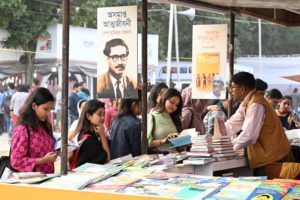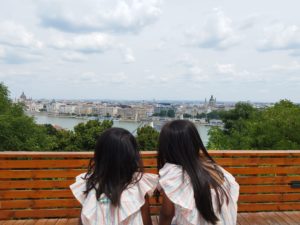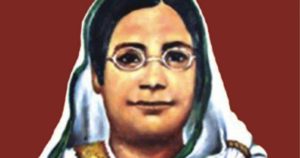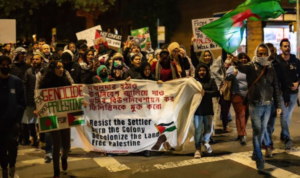Chakma Tribe

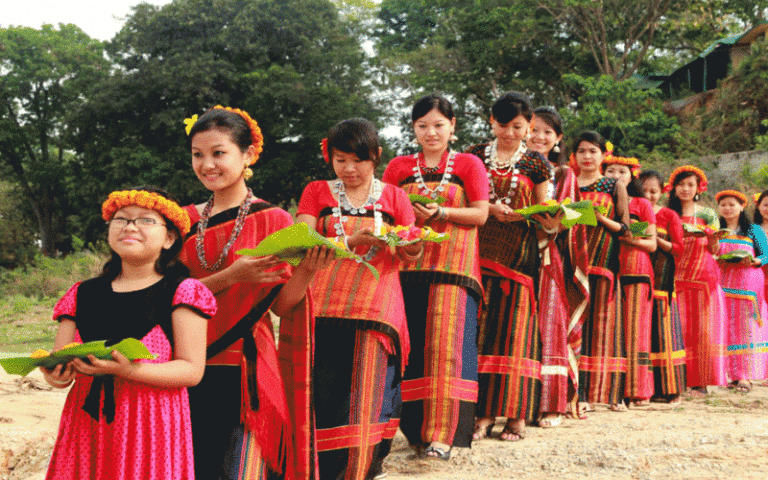
The Chakma tribe also known as Changma, Sakma, or Sangma is the largest indigenous population in Bangladesh. The tribe is settled in parts of northeastern India and Myanmar. In Bangladesh, the tribe mostly resides in Chittagong Hill Tracts and Mizoram, India. There’s an estimated 550,000 people belonging to the Chakma tribe in total.
Their ethnicity is closely linked with East Asian people. The
Chakma language is part of the Indo-Aryan language family of the Indian subcontinent. The tribe also uses the standard Bengali alphabet as well. Most people of the tribe adhere to Therevada Buddhism.
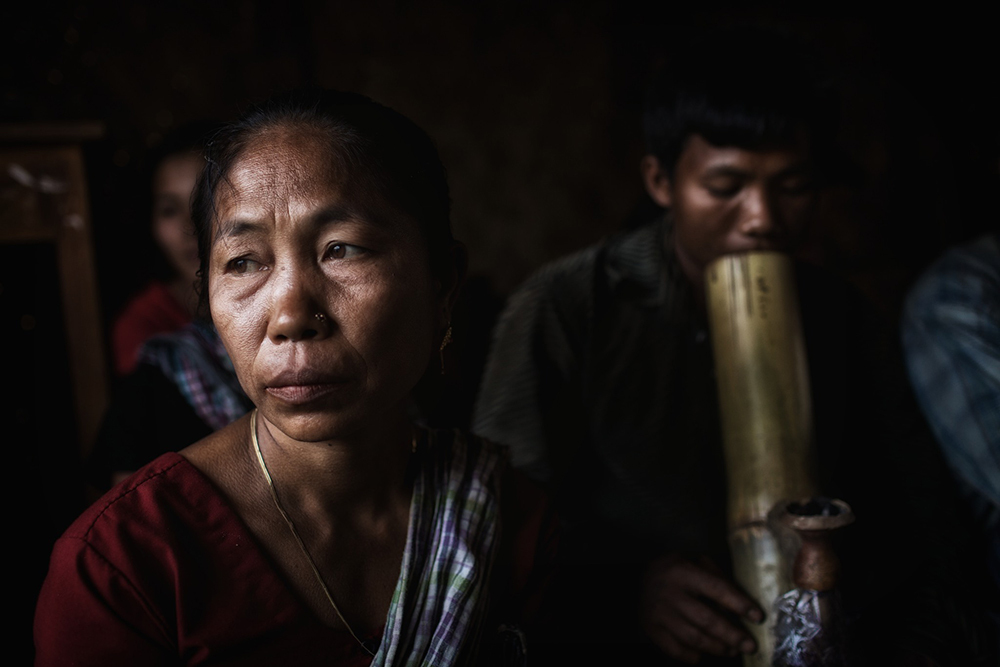
The Chakma tribe is divided into 46 clans. Members of the same subclan are forbidden from marrying each other. Arranged marriage is still prevalent in the tribes.
The staple foods of the tribe are rice, corn (maize), vegetables, mustard, and fish. Alcoholic beverages are allowed in the tribes and consumed at festivals and occasions.
They celebrate various Buddhist festivals, but the most important is Buddha Purnima which is the anniversary of three important events in Buddha’s life. The tribe’s people put on their best clothes and visit the temples where they offer flowers, light candles, and listen to sermons.
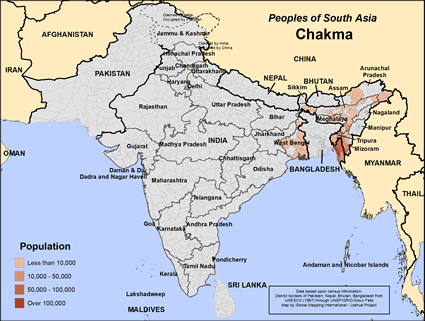
In terms of literacy, some do not have access to education so the literacy rate is 15% among men and 7% among women. According to their history, the Chakma were said to have migrated to Arakan from the ancient kingdom of Magadha which is the present Bihar state of India. There are others who believe they came from Himalayan tribes. From Arakan, they eventually spread their territory to Chittagong Hill Tracts. The gov. of British India provided tribal autonomy to the area which continued until the partition of India.
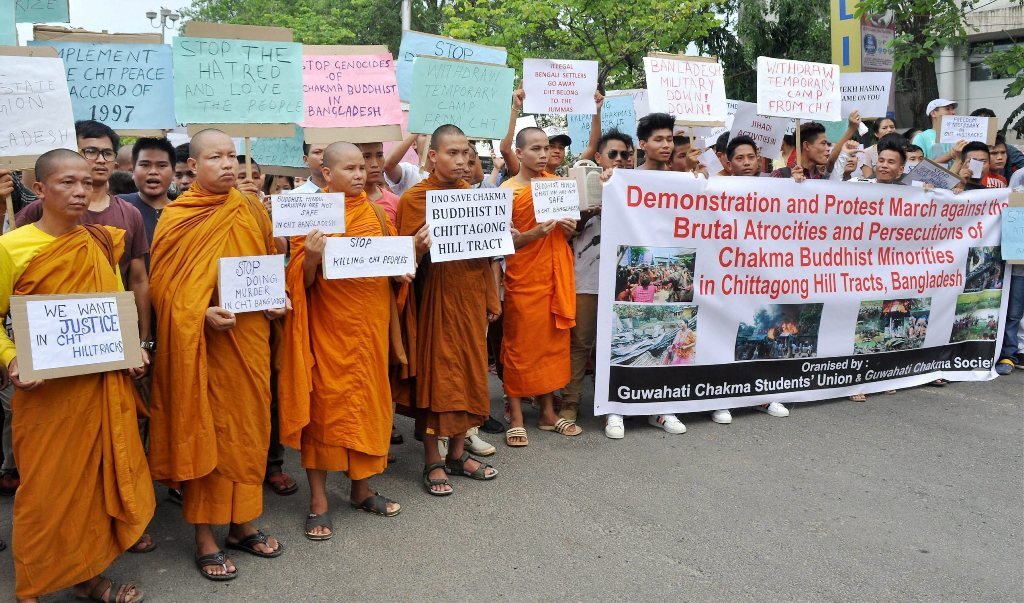
During the Bangladesh Liberation War, many Buddhist Chakmas migrated to India in fear of religious persecution, and fear that Bangladesh would not provide autonomy. Bangladesh goverment may have provided financial support, but a lot of Bengali Muslims have invaded to the Chittagong Hill Tracts tribal territories by this time.
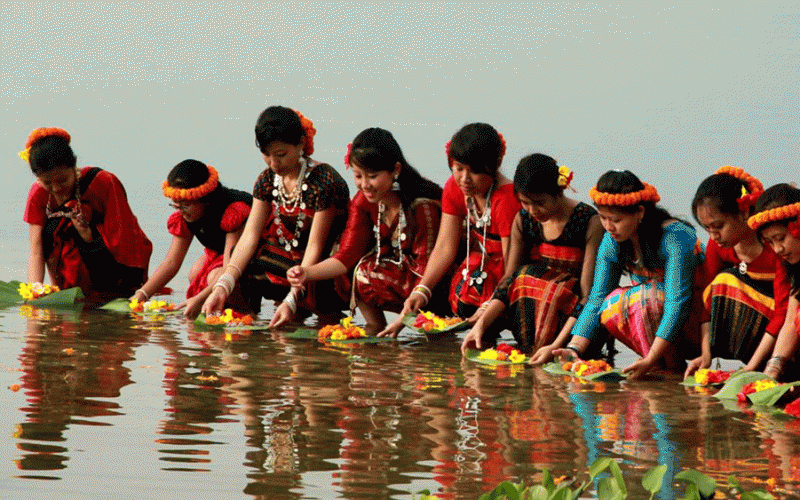
Today, Chakmas are STILL at risk of persecution from the Bangladesh government and Bengalis residing in the land through the use of violence and rape. They face risk of their culture, language and land being erased. There is still conflict of their land being overtaken by non-Chakmas and Chakmas continue to fight for an independent homeland.
Read More
The Legacy of Boi Mela
Every year in February, the month-long national book fair welcomes...
Read MoreMillennial Amma: How to Explain a Global Crisis As a Parent
Rumki Chowdhury shares tips for how to talk to children...
Read MoreBegum Rokeya’s Millennials
A tribute to a pioneering Bengali feminist writer, educator and...
Read More